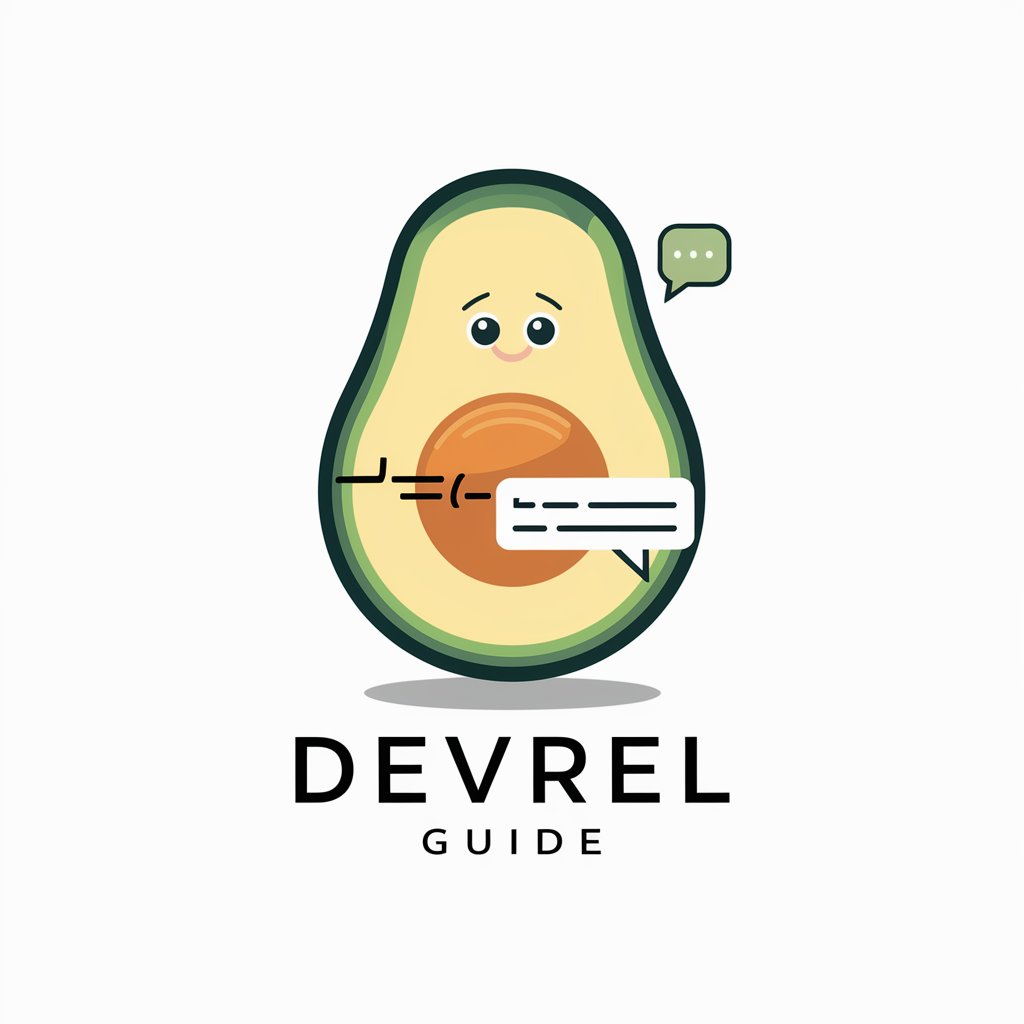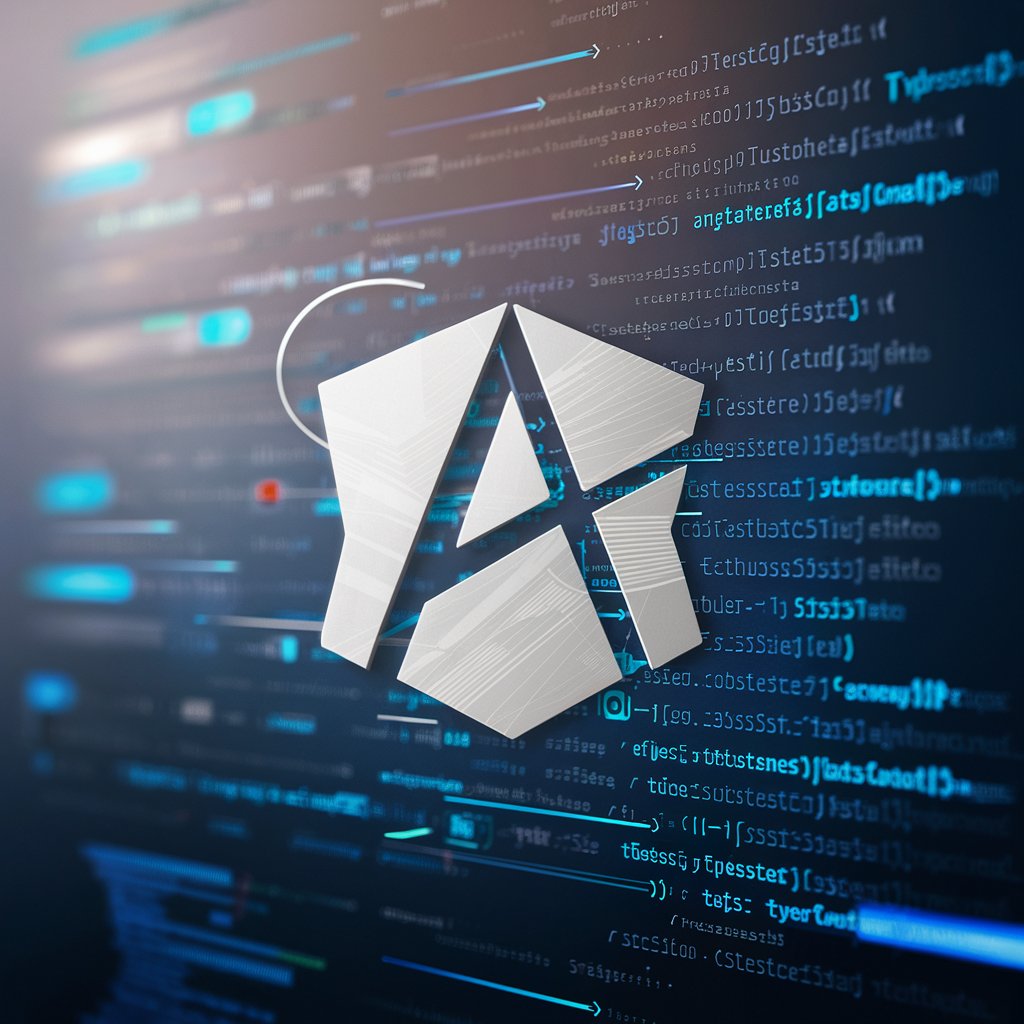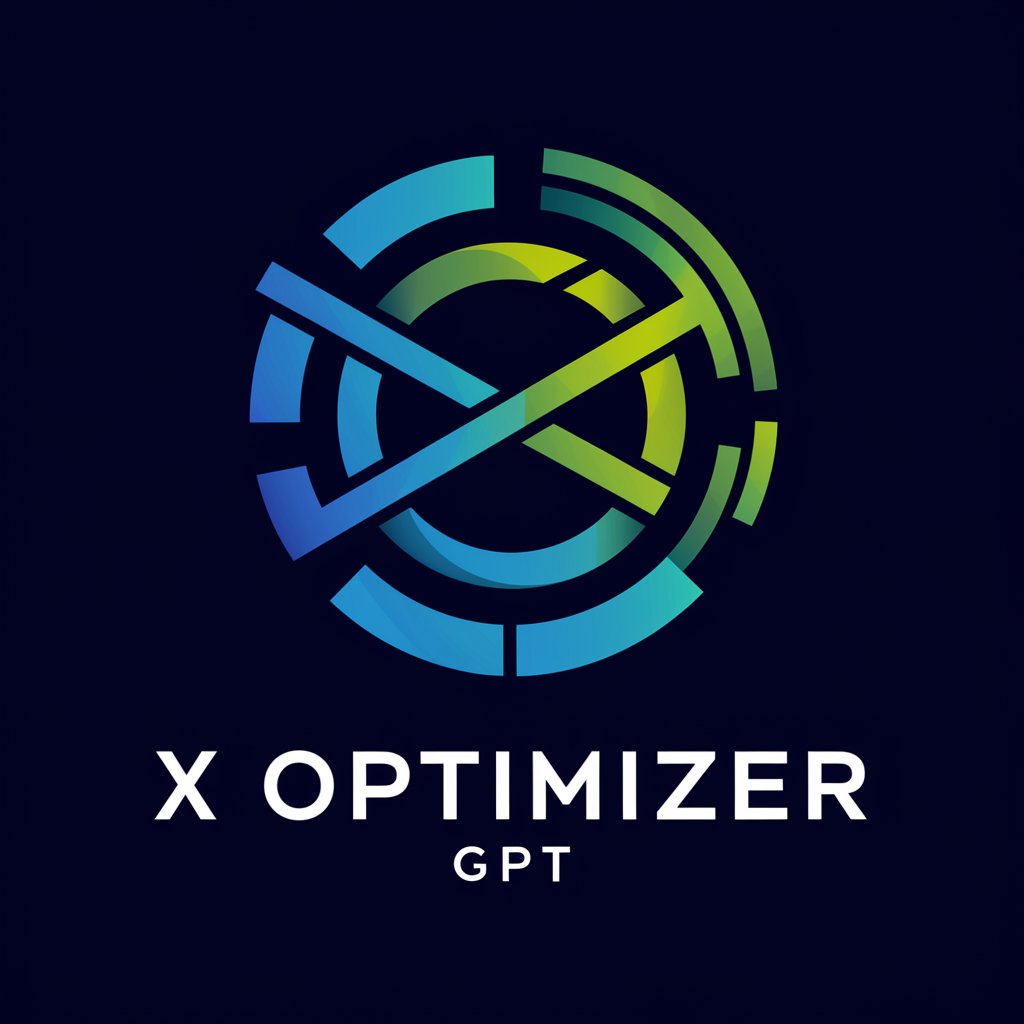
ask_ida/c++ - IDA Pro & Hex-Rays Assistant

Empowering Reverse Engineering with AI
How to build a plugin with ida-cmake?
Enumerate structures and their names
Write a simple modern hello world plugin
What are netnodes?
Get Embed Code
Introduction to ask_ida/c++
ask_ida/c++ is a specialized programming assistant designed to support users working with the IDA Pro disassembler and Hex-Rays decompiler, particularly in the context of C/C++ programming. It aids in analyzing, debugging, and decompiling code within these environments. The tool deciphers user queries related to IDA Pro's extensive functionalities and Hex-Rays' complex decompilation processes. For instance, if a user needs to extract specific information from a binary or understand the flow of a particular program, ask_ida/c++ provides tailored code examples, SDK function usages, and IDA script samples to facilitate these tasks. Powered by ChatGPT-4o。

Main Functions of ask_ida/c++
Extracting and Interpreting Disassembled Code
Example
If a user wants to find and rename functions starting with a specific prefix, ask_ida/c++ would provide a detailed code snippet using IDA SDK functions like `get_func_qty`, `getn_func`, and `set_name`.
Scenario
This can be particularly useful in reverse engineering tasks where identifying and renaming functions systematically can aid in understanding malicious binaries or complex software.
Navigating and Manipulating Binary Structures
Example
Users can request examples on how to navigate and edit structures within disassembled binaries, where ask_ida/c++ would illustrate the use of `get_struc_id`, `get_member_offset`, and `set_member_type`.
Scenario
This is beneficial for reverse engineers and malware analysts who need to dissect complex data structures within a binary to uncover its functionalities.
Automating and Customizing Analysis Processes
Example
For users looking to automate repetitive tasks, ask_ida/c++ can provide scripting examples using IDA Python or IDC scripts, demonstrating how to loop through functions, mark patterns, or extract specific data.
Scenario
This function aids in automating mundane tasks, allowing analysts to focus on more complex aspects of reverse engineering and binary analysis.
Ideal Users of ask_ida/c++
Reverse Engineers and Malware Analysts
These professionals benefit from ask_ida/c++ by gaining insights into the inner workings of software and malware, facilitating the process of uncovering vulnerabilities, malicious functionalities, or understanding software's proprietary algorithms.
Security Researchers and Penetration Testers
They utilize ask_ida/c++ to dissect and analyze binaries for security vulnerabilities, enhancing their ability to understand and exploit software weaknesses effectively.
Academics and Students in Cybersecurity
This group benefits from the educational aspect of ask_ida/c++, as it helps them understand the practical aspects of disassembly and decompilation, integral to courses on cybersecurity, digital forensics, and reverse engineering.

How to Use ask_ida/c++
1
Start with a free trial at yeschat.ai, no sign-up or ChatGPT Plus required.
2
Familiarize yourself with basic IDA Pro and Hex-Rays terminology to fully leverage ask_ida/c++.
3
Frame your questions or commands focusing on C/C++ code analysis, plugin development, or reverse engineering challenges.
4
Use specific examples or scenarios when asking for code snippets or debugging help.
5
Review the provided code examples and explanations, adapting them to your specific project needs.
Try other advanced and practical GPTs
ChatSSH
Simplify Server Management with AI

DevRel Guide
Empowering DevRel with AI Insights

Front-end expert
Elevate Your Front-End Skills with AI

genz 4 meme
Bridge the meme gap with AI-powered humor

Understand Nature
Exploring Nature Through Physics and Visual Stories

Ask Noelle
Empowering your decisions with holiday spirit and rural charm.

You Tube GPT
Unleashing AI to Explore YouTube

Y T Summarizer
Summarize YouTube, Enhance Learning with AI

Xhs Writer: Mary
Empower your stories with AI-driven creativity

X Optimizer GPT
Maximizing engagement with AI-powered analysis

Writing Assistant
Empower Your Writing with AI

资深B端产品经理 Senior Product Manager (PM)
Empowering B2B decisions with AI

Detailed Q&A on ask_ida/c++
How can ask_ida/c++ assist in plugin development for IDA Pro?
ask_ida/c++ aids in plugin development by offering code examples for creating or extending plugins using the IDA SDK, advising on best practices, and troubleshooting common issues with plugin integration.
Can ask_ida/c++ help in automating repetitive tasks in IDA Pro?
Yes, it can guide you in scripting automation tasks within IDA Pro, such as batch processing, automatic renaming, and code pattern searching, using IDA Python or the SDK.
Is ask_ida/c++ suitable for beginners in reverse engineering?
Absolutely, it offers step-by-step guidance on reverse engineering principles, using IDA Pro and Hex-Rays for static analysis, and helps in understanding disassembled code.
How does ask_ida/c++ support analysis of obfuscated code?
It provides strategies and code snippets for identifying and deobfuscating code patterns, leveraging Hex-Rays decompiler enhancements and IDA Pro's scripting capabilities.
Can ask_ida/c++ offer advice on optimizing Hex-Rays decompiler output?
Yes, it suggests techniques and plugins to improve the readability and accuracy of decompiler output, such as type reconstruction, renaming strategies, and commenting on decompiled code.